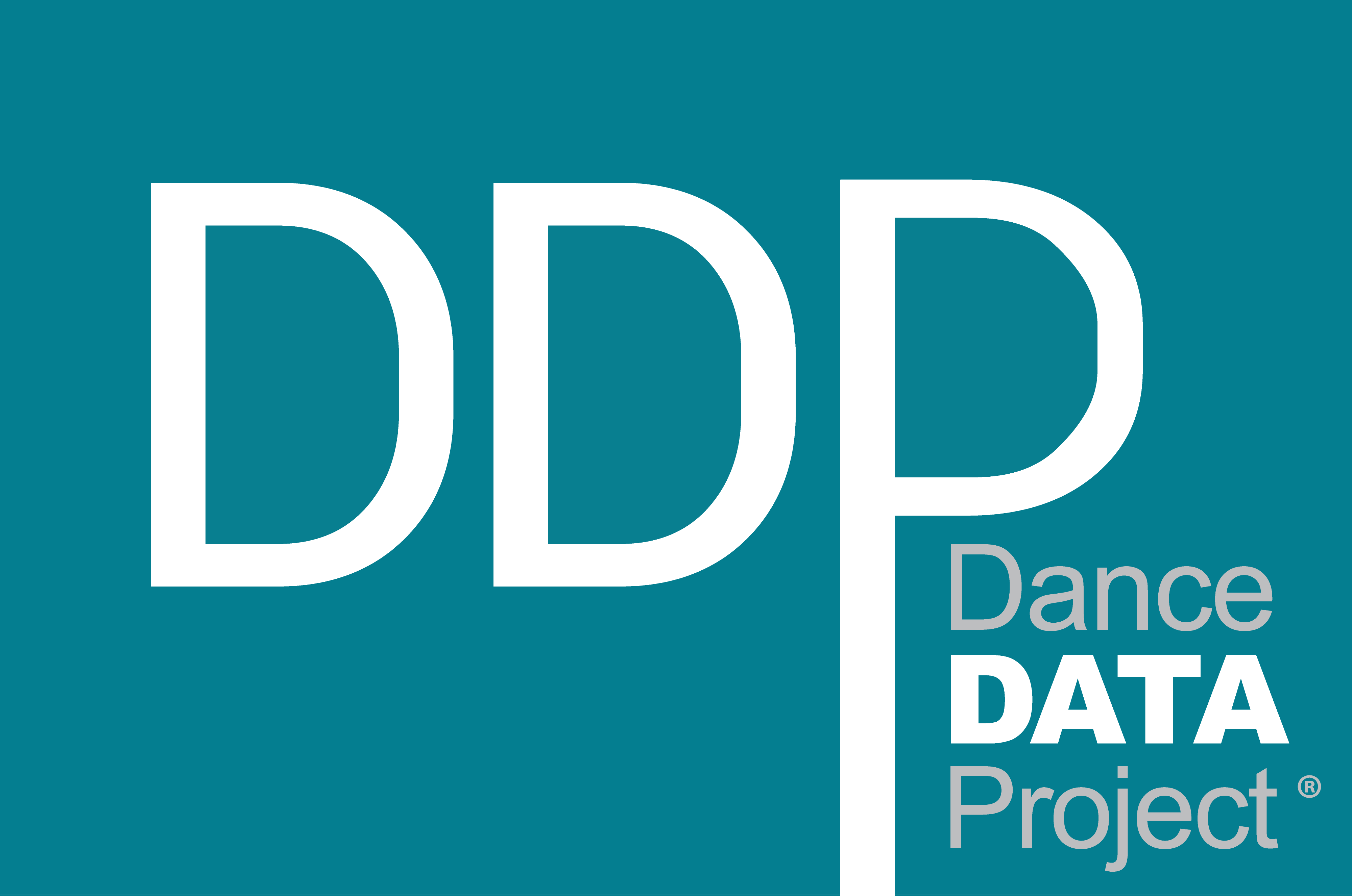Chicago Reader: Show Them The Money
"The Devil Ties My Tongue" by Amy Seiwert performed for the SKETCH Series, 2013. Photo by David DeSilva. Courtesy of Amy Seiwert's Imagery
April 30th: South Arts: Professional Development & Artistic Planning Grants, April 30th: South Arts: Express Grants, May 6th: Doris Duke Foundation Grant, May 7th: South Arts Individual Artist Career Opportunity Grant, May 27th: Dancemakers Residency, June 1st: Miami DanceMakers
×
"The Devil Ties My Tongue" by Amy Seiwert performed for the SKETCH Series, 2013. Photo by David DeSilva. Courtesy of Amy Seiwert's Imagery
9 April 2021
By Kerry Reid
Back in 2019, I interviewed Chicago set designer Arnel Sancianco for a short Reader profile. In the course of our discussion, he mentioned that, while creating a sustainable career as a designer is never easy, he felt that his peers in costume design (a profession that tends to have more women in its ranks than other design fields) had a harder road. They frequently work without the benefit of full crews, leaving the designer to do a lot of the hands-on work of making and even sometimes maintaining costumes during a show’s run. And they tended to be paid less overall.
How much less they’re paid has come to light in recent years, thanks to the efforts of organizations like Costume Professionals for Wage Equity (CPWE) and the Chicago-based On Our Team. Elsa Hiltner, one of the founders of the latter, created the anonymous crowd-sourced Theatrical Designer Pay Resource spreadsheet to collect data on who gets paid what and where in American theaters.
When Reader freelancer Sheri Flanders spoke to Hiltner last October, she was celebrating the fact that Theatre Communications Group had agreed to list salaries for all jobs posted in ARTSEARCH, the job search engine run by TCG. Now CPWE and On Our Team have convinced two more major theater publications—Playbill and Broadway World—to require salary ranges to be listed for all industry job postings.
As Flanders noted in her article, “It is common practice for a job seeker to respond to a posting for a seemingly full-time or contract paid position, only to discover upon receiving a ‘job’ offer that the position is unpaid, paid in ‘exposure,’ or paid at a stipend rate that averages out to far less than minimum wage.” In 2018, OffStage Jobs began requiring salary information for listings, and the League of Chicago Theatres soon followed suit.
Genevieve Beller of CPWE and Theresa Ham, one of the cofounders of On Our Team, know that transparency in listings is just part of the battle for wage equity. But even getting that victory on the board took major effort. Beller notes that CPWE “reached out to Playbill with a letter in December of 2019 that over 800 people had signed. And we sent that letter to the editor in chief at the time, who is no longer with them, as well as every member of their board that we could find information for. So we received zero response. Which is pretty much par for the course.
To read the full article, click here.
Reach out to us to learn more about our mission.
"The Devil Ties My Tongue" by Amy Seiwert performed for the SKETCH Series, 2013. Photo by David DeSilva. Courtesy of Amy Seiwert's Imagery

 The New York Times In Her Words: “Like I lost my identity”
The New York Times In Her Words: “Like I lost my identity”
Leave a Reply
Want to join the discussion?Feel free to contribute!